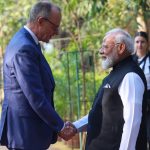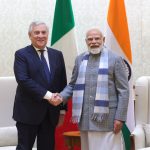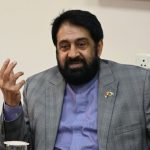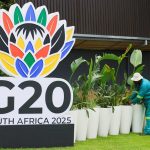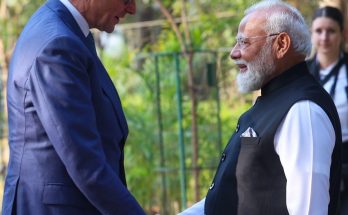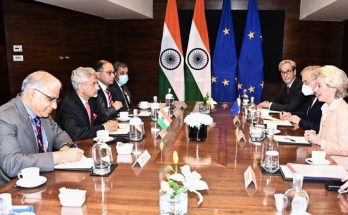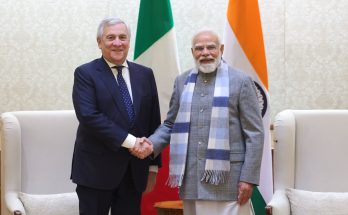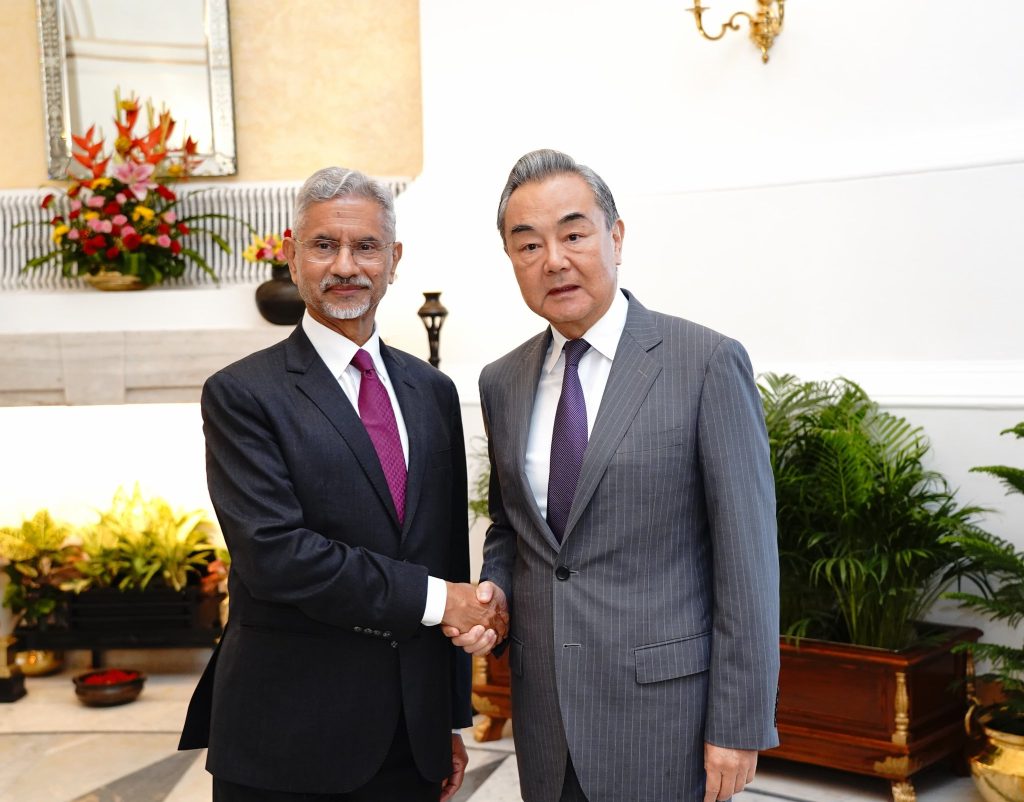
The process of recalibrating India-China ties has acquired a fresh momentum with Chinese Foreign Minister Wang Yi agreeing to address three key concerns of India, including relaxing curbs on export of fertilisers, rare earths and tunnel boring machines to the country.
The talks between India’s External Affairs Minister S. Jaishankar and his Chinese counterpart Wang Yi in New Delhi on August 18 covered an entire gamut of bilateral issues, including de-escalation and maintaining peace on the boundary, river data sharing, border trade and enhancing economic ties across the spectrum.
Well-placed sources disclosed that the talks were candid and marked by receptivity to each other’s core concerns and sensitivities. In his opening remarks, Dr Jaishankar underlined the mantra of “three mutuals” for building cooperative and harmonious ties: “mutual respect, mutual sensitivity and mutual interest.” “Differences must not become disputes, nor competition conflict.”
Putting first things first, Dr Jaishankar exhorted the Chinese side to move forward on the de-escalation of troops and stressed that “the basis for any positive momentum in our ties is the ability to jointly maintain peace and tranquility in the border areas.”
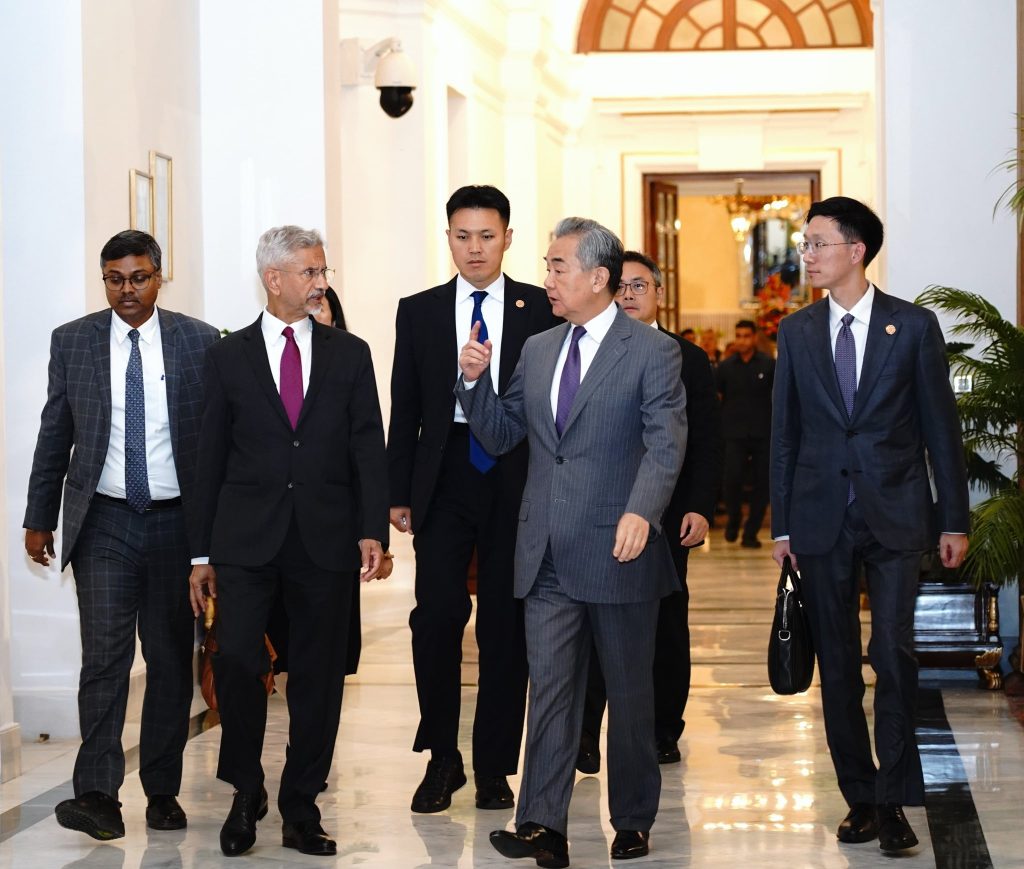
As India and China seek to normalise ties, de-escalation is turning out to be a difficult issue as about 50,000 to 60,000 troops on each side continue to be deployed along the border even after the two sides completed the disengagement process along the LAC a few months ago.
With the world in a churn and amid a fresh initiative to end the Russia-Ukraine, the two foreign ministers discussed enhancing cooperation to shape “a fair, balanced and multi-polar world order, including a multi-polar Asia.”
“Reformed multilateralism is also the call of the day. In the current environment, there is clearly the imperative of maintaining and enhancing stability in the global economy as well,” said Jaishankar in the context of brazen unilateralism displayed by the Trump administration in imposing onerous tariffs on India and China. He also underscored the need to intensify the fight against terrorism in the backdrop of the April 22, 2025, terrorist attack in Pahalgam that killed 26 Indian tourists.
Mr Wang is in Delhi to hold the 24th round of talks between the India-China Special Representatives on the boundary issue. Wang and National Security Advisor Ajit Doval are the designated Special Representatives for the boundary talks.
The two-day talks in Delhi are expected to firm up the agenda for PM Modi’s expected visit to China to participate in the SCO summit on August 31-September 1, 2025. This will be PM Modi’s first visit to China in seven years, which provides a rare opportunity for the two Asian neighbours to reset their complex ties, marked by both cooperation and competition.
Author Profile

- Manish Chand is Founder and Editor-in-Chief of India Writes Network (www.indiawrites.org) and India and World, a pioneering magazine focused on international affairs. He is CEO, Centre for Global India Insights, an India-based think tank focused on global affairs.
Latest entries
 India and the WorldJanuary 13, 2026India, Germany raise the bar for defence, economic ties
India and the WorldJanuary 13, 2026India, Germany raise the bar for defence, economic ties India and the WorldDecember 12, 2025India-Italy bonding: Tajani’s visit raises the bar for business, maritime ties
India and the WorldDecember 12, 2025India-Italy bonding: Tajani’s visit raises the bar for business, maritime ties In ConversationNovember 26, 2025G20 is a Force for global Good
In ConversationNovember 26, 2025G20 is a Force for global Good articlesNovember 26, 2025Rescuing G20 from North-South divide: Ubuntu Moment
articlesNovember 26, 2025Rescuing G20 from North-South divide: Ubuntu Moment

